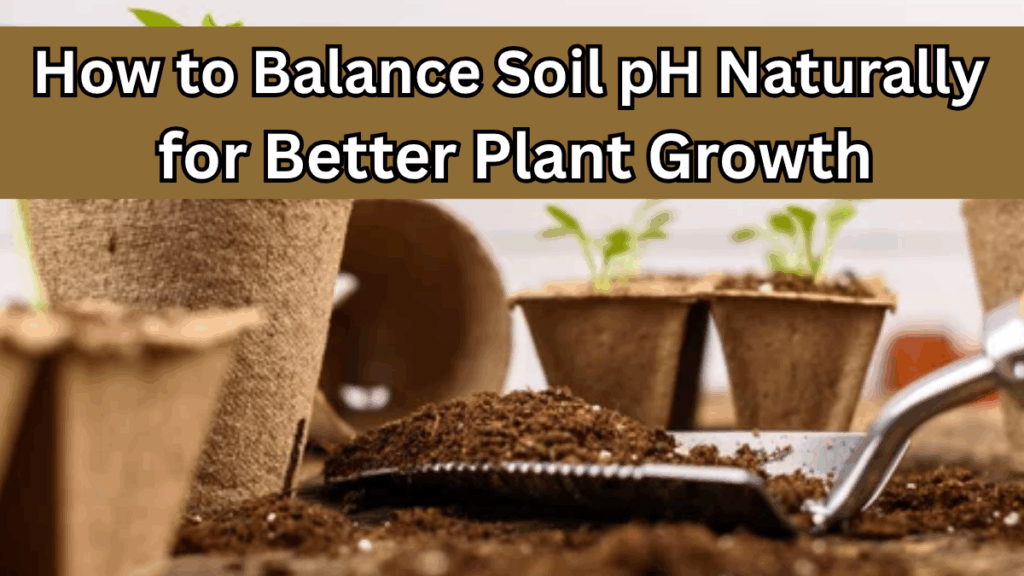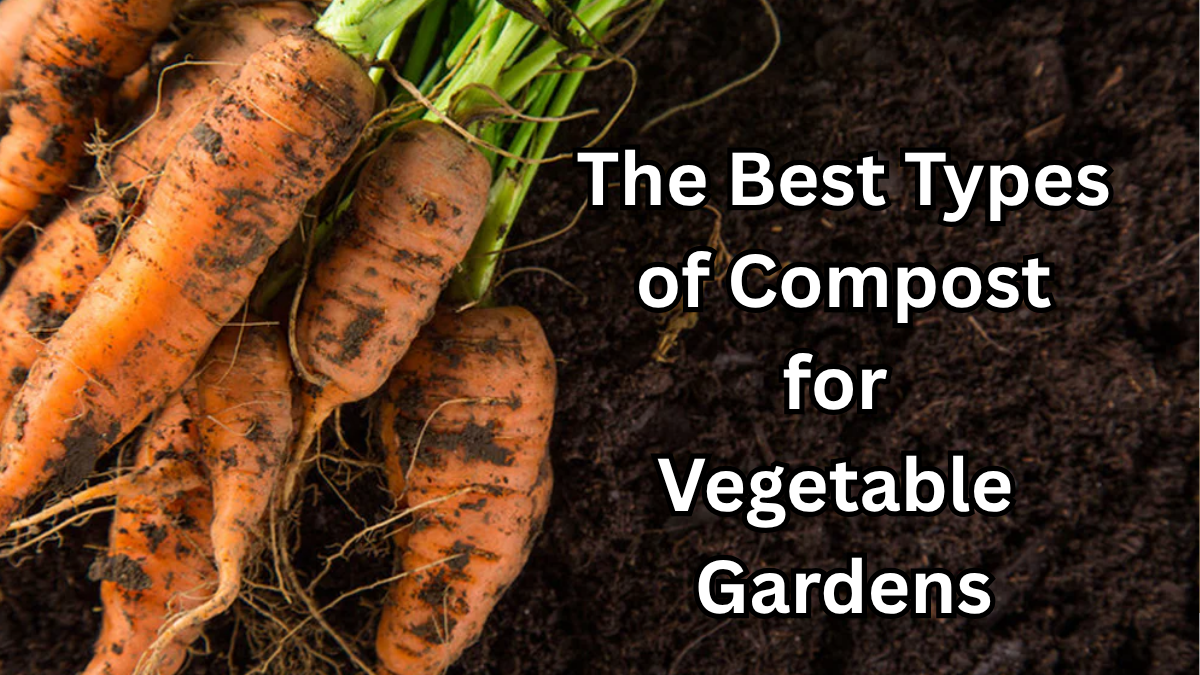Growing a thriving vegetable garden starts with healthy, nutrient-rich soil. One of the most effective ways to enrich your soil and boost plant growth is using compost for vegetables. But not all composts are created equal. Understanding the different types can help you make the best choice for your garden.

Why Compost Matters for Vegetables
Using compost in your garden has multiple benefits:
-
Improves soil structure: Helps soil retain moisture and nutrients
-
Enhances nutrient availability: Supplies essential minerals for plant growth
-
Supports beneficial microbes: Encourages healthy soil ecosystems
-
Reduces waste: Recycles kitchen scraps and garden debris into valuable organic matter
In short, organic compost is a natural way to enrich your soil and increase vegetable yields.
Top Types of Compost for Vegetable Gardens
Here are the most effective types of compost you can use in your garden:
| Compost Type | Benefits | Best Uses in Vegetable Gardens |
|---|---|---|
| Vegetable & Fruit Waste Compost | Rich in nitrogen, breaks down quickly | Leafy greens, fast-growing vegetables like lettuce and spinach |
| Manure Compost | High in nutrients like nitrogen, phosphorus, and potassium | Root vegetables like carrots, potatoes, and beets |
| Leaf Mold Compost | Improves soil structure and water retention | Tomatoes, peppers, cucumbers |
| Vermicompost (Worm Castings) | Packed with beneficial microbes and nutrients | Seedlings, herbs, and container vegetables |
| Composted Grass Clippings | Adds nitrogen and organic matter | Peppers, squash, and brassicas |
Tips for Using Compost in Your Vegetable Garden
To get the best results from compost for vegetables, follow these tips:
-
Mix thoroughly: Combine compost with existing soil to ensure even nutrient distribution
-
Apply before planting: Spread 2–3 inches of compost over garden beds, then dig it in
-
Top-dress established plants: Add a thin layer around growing plants to enrich the soil
-
Rotate compost types: Use a mix of composts over the season to balance nutrients and improve soil health
Organic Compost and Soil Enrichment
Organic compost is not only eco-friendly but also one of the best ways to naturally enrich your soil. It improves soil texture, increases moisture retention, and supports healthy microbial activity. Over time, regular addition of organic compost will create a fertile environment that your vegetables love.
Conclusion
Choosing the right compost for vegetables can dramatically affect the growth, taste, and yield of your garden. Whether you use manure compost, leaf mold, or vermicompost, enriching your soil with organic matter ensures that your vegetables thrive season after season. Start small, experiment with different composts, and watch your garden flourish.
FAQs
1. How often should I use compost in my vegetable garden?
You can add compost at the start of the planting season and again mid-season to maintain soil fertility.
2. Can I make my own compost for vegetables?
Yes! Kitchen scraps, garden waste, and grass clippings can be composted at home to create nutrient-rich organic compost.
3. Is manure compost safe for all vegetables?
Manure compost should be well-aged or composted to avoid burning plants and minimize the risk of pathogens.
4. What’s the difference between vermicompost and regular compost?
Vermicompost is produced by worms and is richer in beneficial microbes, making it excellent for seedlings and container-grown vegetables.
Click here to learn more
